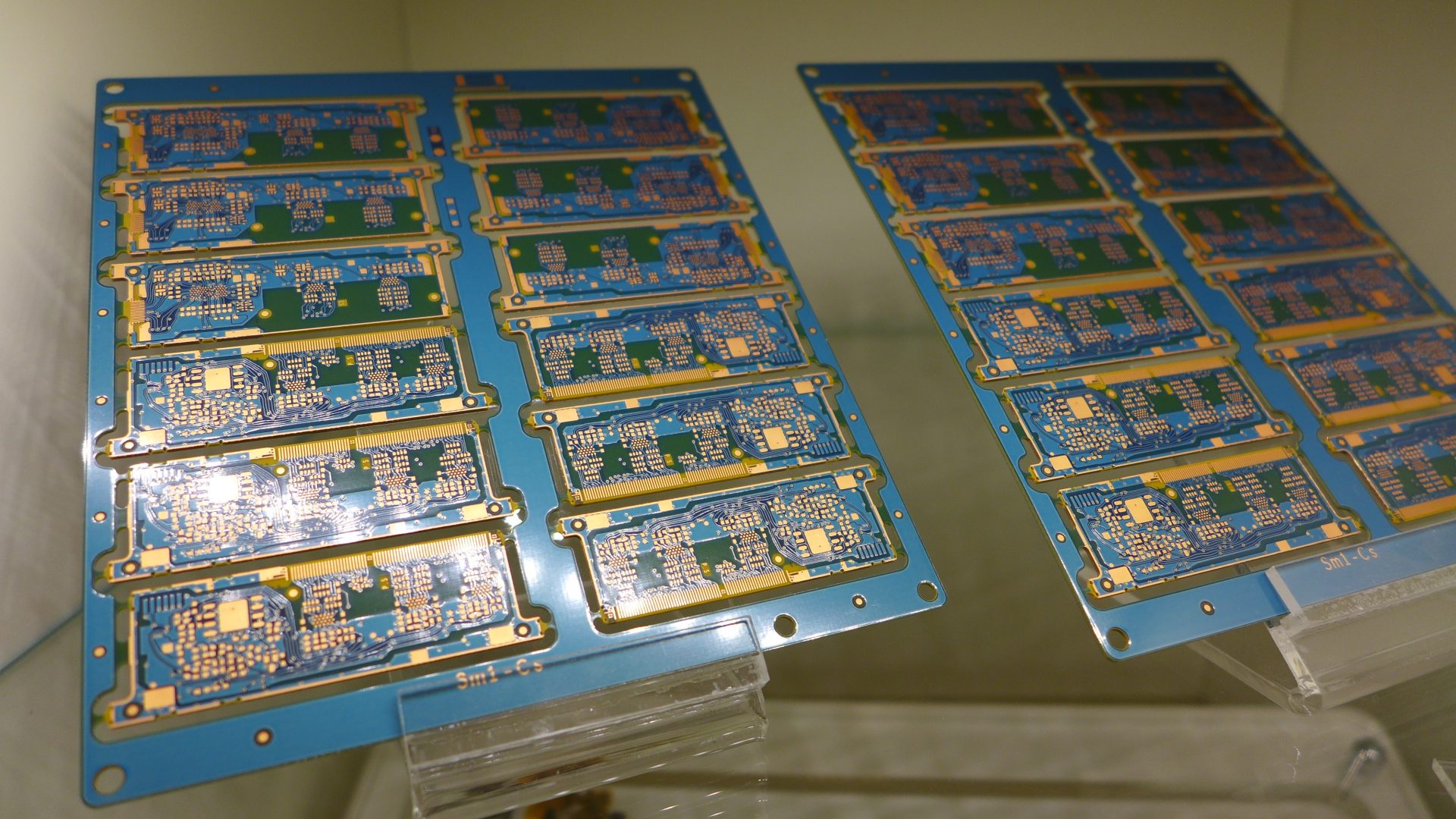
TPCA has commissioned the Industrial Technology Research Institute (ITRI) to categorize the resource recycling condition of Taiwan’s printed circuit board (PCB) industry in order to pinpoint the current conditions and difficulties of PCB resource recycling, for concluding the future path of the circular economy and work which are for the sustainable development and safety of Taiwan’s PCB industry in terms of technology, regulation, and commerce.
( English provided by company. )
According to chairman Maurice Lee of TPCA, as the circular economy has become one of the national development strategies across the globe.
In view of global resource depletion as a result of technology development, apart from smart manufacturing and environmental protection, resource recycling has become a desperate, material issue. TPCA thus announced the “Circular Economy Roadmap of Taiwan PCB Industry” ahead of the whole world.
Taiwan Printed Circuit Association was established in 1998. TPCA is the only PCB industry organization approved by Taiwan’s government serving approximately 688 company membership. The recycling categories and flow in relation to feedstocks, waste and production equipment are the focuses of inventory under the “Circular Economy Roadmap of Taiwan PCB Industry.” The inventory showed that in the PCB process with 22 procedures, there are 48 types of waste, including 52% (25 items) of solid waste, 46% (22 items) of liquid waste, and 2% (one item) of gas waste. Amongst the 39 items (81%) that can be recycled for re-use, only 10 items (20.8%) are recycled and reused within the industry. These figures suggest that many items are recycled for re-use outside of the PCB industry;there are many difficulties to overcome before the circular economy can be realized within the industry.
In terms of technology, regulation and commerce, the “Circular Economy Roadmap of Taiwan PCB Industry” proposes three main issues: 1)raise the proportion of wastewater and waste liquid recycling, 2)increase solid waste recycling, and 3)maximize the benefits of the circulatory economy.
In addition, the roadmap achieves the circular economy in three phases from 1.0 to 3.0. Circular Economy 3.0 in the PCB industry requires cross-sector cooperation of the multiple fields which include the academe, the government, and the research; regulatory amendments; certification, market and export of resource products, in order to resolve global resource depletion, sustain and co-exist with the environment and to leave a beautiful environment for the next generation.
Benefits
- We hope to encourage more industries to develop circular economy strategies and achieve the goal of reducing waste emissions.